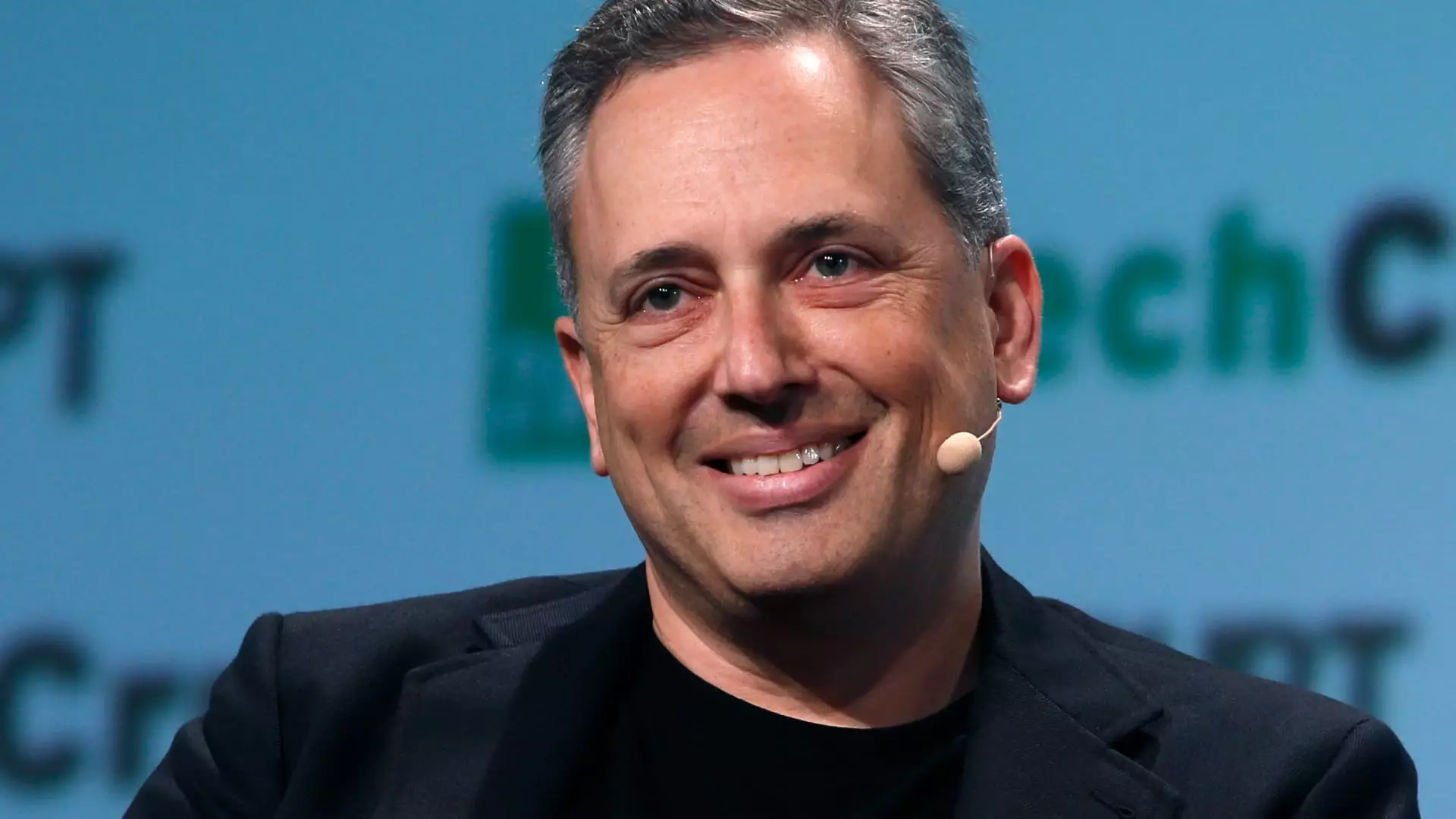In a surprising turn of events, venture capitalist David Sacks has been named the “White House A.I. & Crypto Czar” under President-elect Donald Trump. Announced via Truth Social, this appointment not only emphasizes the significance of artificial intelligence and cryptocurrency in the upcoming administration but also underscores Trump’s eagerness to engage tech entrepreneurs who align with his vision. Sacks, known for his previous criticism of Trump, has rapidly shifted his stance from skeptic to supporter, raising eyebrows within both political and tech communities. This transformation invites scrutiny regarding his objectives and the implications of his appointment.
Sacks is now tasked with guiding key policies surrounding two of the most transformative technological sectors: artificial intelligence and cryptocurrency. The responsibilities outlined by Trump indicate a proactive approach, prioritizing the establishment of a legal framework for cryptocurrency and the formation of a presidential council focusing on scientific and technological advice. This initiative aims to reinforce America’s position as a leader in these fields, a claim that could potentially attract further investment and innovation to the United States.
However, the challenge for Sacks lies in crafting balanced policies that safeguard innovation while addressing critical issues such as regulation and ethical implications in both sectors. His advocacy for free speech and opposition to perceived biases in Big Tech also raises questions about the potential fallout from his policies, particularly in an era where misinformation and data privacy concerns are at the forefront of public discourse.
Sacks’s transformation from a critical observer to a pivotal figure in Trump’s administration is particularly noteworthy. Following the Capitol riots on January 6, 2021, Sacks publicly condemned Trump, stating the former president had disqualified himself from future candidacy. However, within mere months, he not only hosted a high-profile fundraiser for Trump at his San Francisco home—where tickets fetched up to $300,000—but also actively participated in the Republican National Convention.
This rapid transition raises compelling questions about the motivations behind his support. Is this a genuine alignment of values or a strategic maneuver to secure influence within forthcoming policies? Sacks’s association with influential figures of the tech industry, often referenced as the “PayPal mafia,” adds another layer of complexity to his role, as it intertwines politics with Silicon Valley’s pressing tech agenda.
As Trump’s term unfolds, the collaboration between technology and politics will face heightened scrutiny. Sacks’s appointment signals an era where influential tech leaders are embedded within the governmental framework, capable of shaping the landscape of emerging technologies.
His work will likely reflect the interests of cryptocurrency entrepreneurs and addresses the collective concerns regarding the power dynamics within Big Tech. The stakes are high as Sacks steps into this pivotal role, and the effectiveness of his strategies could well determine the trajectory of America’s tech policy in an increasingly digital and interconnected world. A successful tenure may solidify Silicon Valley’s influence in Washington, while any missteps could amplify the existing debate over regulation and ethical governance in the tech sphere.


Leave a Reply